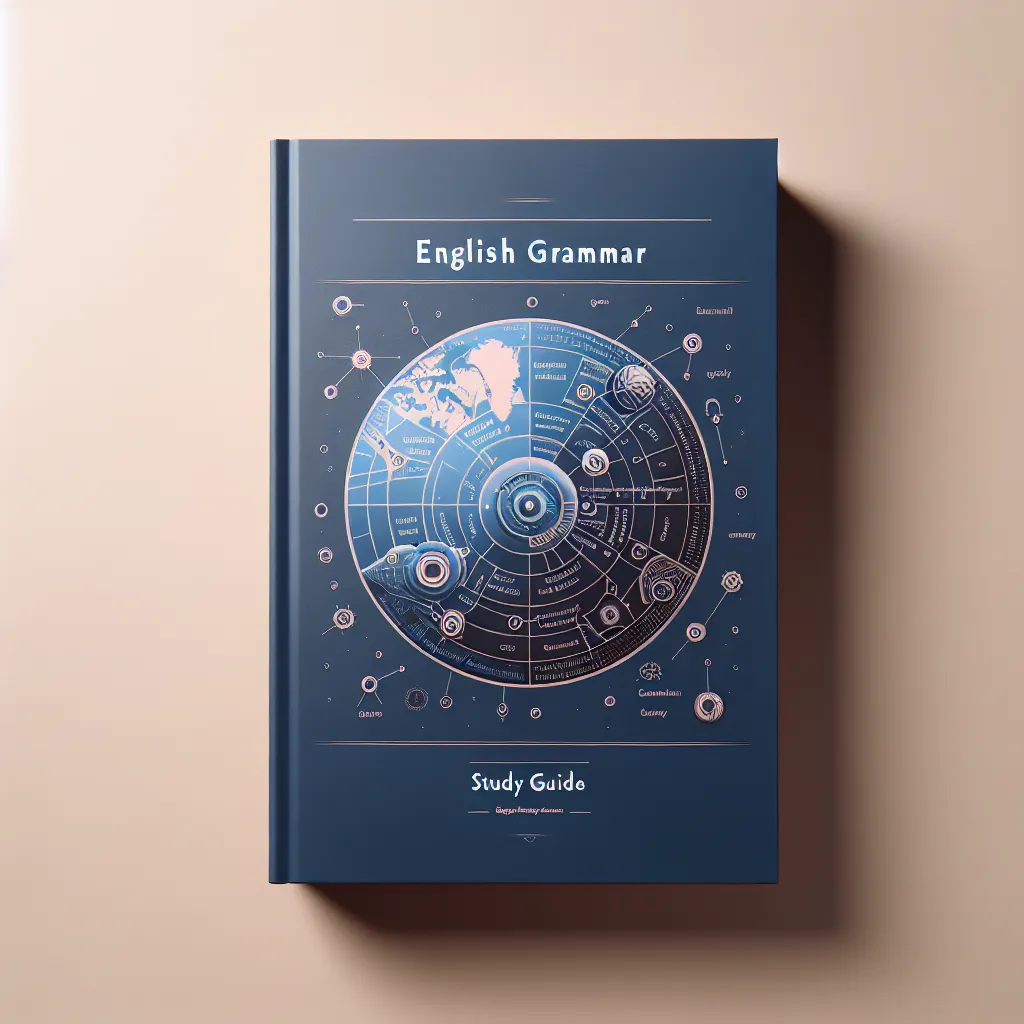Learning English might seem daunting, but with the right techniques and resources, anyone can improve their proficiency efficiently. In this article, we will provide detailed Tips For Better English, divided by different learner types and levels, with practical examples, proven methods, and useful resources.
Introduction to “Tips for Better English”
Mastering English is essential in our globalized world. Whether for travel, study, work, or personal satisfaction, proficiency in English opens many doors. In this guide, we will explore effective strategies to enhance your English skills.
Why Learning English is Important?
English is the most commonly spoken second language worldwide, making it a crucial skill for communication. For professionals, fluency in English can significantly improve career prospects. For students, it is often a key part of academic success. Understanding its importance can motivate you to learn and improve continuously.
Practical Tips for Better English
1. Start with the Basics
a. Learn Common Vocabulary and Phrases
Start by building a strong vocabulary base. Focus on everyday words and phrases that you are likely to use. Flashcards, mobile apps like Duolingo or Memrise, and vocabulary lists are excellent resources.
Example:
| Word | Phrase |
|---|---|
| Hello | How are you? |
| Good | Can you help me? |
| Thank you | Where is the restroom? |
b. Understand Basic Grammar Rules
Learn the essential grammar rules, such as sentence structure, verbs, tenses, articles, and prepositions. Websites like Grammarly and books like “Essential Grammar in Use” by Raymond Murphy can be helpful.
Example:
- Simple sentences: Subject (S) + Verb (V) + Object (O)
- “I (S) eat (V) an apple (O).”
2. Intermediate Level Strategies
a. Practice Listening Skills
Listening to English podcasts, songs, and watching movies or TV shows can improve comprehension and pronunciation. Platforms like Spotify, YouTube, and Netflix offer a plethora of content.
Example:
- Watch the movie “The King’s Speech” to understand different accents and improve listening.
 Students Practicing Listening
Students Practicing Listening
b. Engage in Conversations
Speaking practice is crucial. Join language exchange programs like Tandem or Meetup groups, where you can practice with native speakers.
Example:
- Participate in a weekly language exchange meeting and practice discussing everyday topics.
3. Advanced Techniques
a. Dive into Literature
Reading books, articles, and essays helps in understanding complex sentence structures and broadening vocabulary. Consider reading classic literature or New York Times articles.
Example:
- Read “To Kill a Mockingbird” by Harper Lee to gain insights into American culture and history.
b. Write Regularly
Write essays, journal entries, or blog posts and seek feedback. Tools like Grammarly can correct errors and suggest improvements.
Example:
- Keep a daily journal and share it with a language partner for constructive feedback.
4. Specialized Tips for IELTS Preparation
a. Use Quality Study Materials
Choose reputable IELTS study guides like “The Official Cambridge Guide to IELTS” and “Barron’s IELTS Superpack.”
Example:
- Use “The Official Cambridge Guide to IELTS” to practice and understand the test format.
b. Practice with Real Exam Questions
Simulate real exam conditions by using past papers and timed practice tests.
Example:
- Take a full IELTS practice test from the official Cambridge website every weekend to track your progress.
Important Considerations
Avoid Common Mistakes
- Over-reliance on Translators: Try to think and form sentences directly in English.
- Ignoring Pronunciation: Practice with phonetic scripts and mimic native speakers.
- Focusing Only on One Skill: Balance your practice between reading, writing, listening, and speaking.
Next Steps
After mastering these tips, continue to challenge yourself. Take advanced courses, participate in debates or public speaking, and constantly expose yourself to new content.
Conclusion
Improving your English takes time, dedication, and the right resources. By following these tips for better English, you will increase your fluency, comprehension, and confidence. Remember, consistency and practice are key. Stay motivated, set achievable goals, and enjoy the journey of learning English.
For more tips and comprehensive guides, feel free to explore other related articles on our website.




